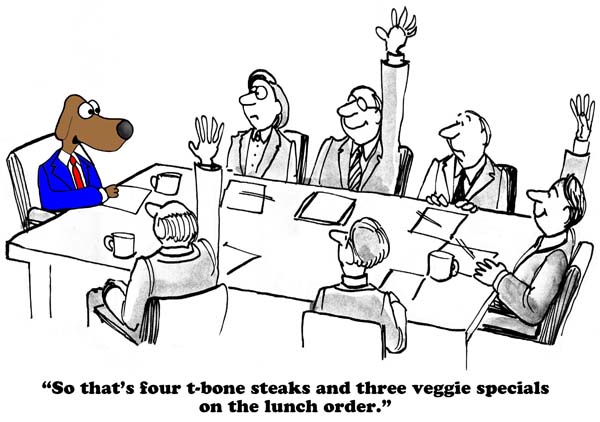Increased Business Meal Deductions for 2021 and 2022
Here's an unusual deduction that came from COVID relief

Article Highlights:
- Business Meals Under TCJA
- 100% Deduction for 2021 and 2022
- Qualifications
If you recall, the Tax Cuts and Jobs Act (TCJA), effective beginning in 2018, eliminated the business-related deduction for entertainment, amusement or recreation expenses. However, it did retain a deduction for business meals when the expense is ordinary and necessary for carrying on the trade or business and is not lavish or extravagant, along with some other requirements noted below.
Under TCJA, the business-meal deduction continues to be 50% of the actual expense. Also remember that business meals must be documented, including the amount, business purpose, date, time, place and names of the guests as well as their business relationship with you.
Great News – For 2021 and 2022 only, the Taxpayer Certainty and Disaster Tax Relief Act of 2020 allows businesses to deduct 100% of business meal expenses under the following circumstances:
- The food or beverages must be provided by a restaurant. The use of the word “by” (rather than “in”) a restaurant makes it clear that the new rule isn’t limited to meals eaten on the restaurant’s premises. Takeout and delivered meals provided by a restaurant are also fully deductible.
- The expense is an ordinary and necessary expense paid or incurred during the taxable year in carrying on any trade or business.*
- The expense is not lavish or extravagant under the circumstances.*
- The taxpayer or their employee is present at the furnishing of the food or beverages.*
- The food and beverages are provided to a current or potential business customer, client, consultant or similar business contact.*
IRS regulations expand on the last requirement by explaining that to be deductible, the food or beverages must be provided to a “person with whom the taxpayer could reasonably expect to engage or deal in the active conduct of the taxpayer’s trade or business such as the taxpayer’s customer, client, supplier, employee, agent, partner, or professional adviser, whether established or prospective.”
Where food or beverages are provided at an entertainment activity, the food and beverage must be documented separately from the entertainment because entertainment is not deductible. Also, be cautious of the requirement that food or beverages be provided by a restaurant to be eligible for 100% deductibility pending IRS regulations defining what constitutes a restaurant.
*Meals and beverages not provided by a restaurant will be deductible but limited to a 50% deduction of the expense if otherwise meeting the qualifications of a business meal.
If you have questions about how this 100% meal deduction might apply to your business, please give this office a call.